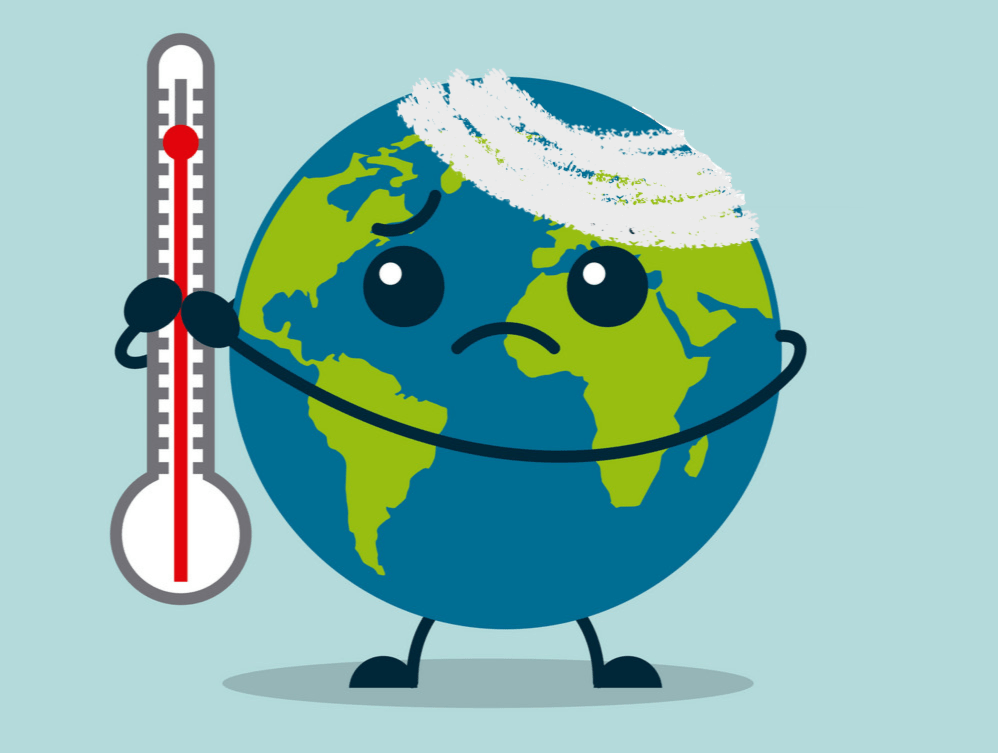It’s a common assumption that business travellers make up the largest sector of flyers – the men in suits who are rarely out of an aeroplane seat.
In fact, business flights made up just 9% of flights in 2017*, a percentage that had been falling steadily year on year even before Covid-19. There’s likely to have been an even greater decrease in business flights as a result of coronavirus lockdowns, and we can expect that number to continue to fall as many businesses settle on a digital way of working. By far the largest share of the travel market is made up of leisure flights – nearly 2/3rds of all UK flights in 2017.
"Did you know? Just 15% of people in the UK take 70% of the flights."
There’s a much-used statistic, that 15% of people take 70% of the flights. It’s these ‘frequent flyers’ that do the lion’s share of polluting when it comes to air travel. But how many flights does it take to become a frequent flyer? Five flights per year? Ten? Twenty? It might surprise you to know that to fall into that 15%, you need only take three return flights per year.
For those people born in the era of cheap flights, who might have plenty of disposable income – the ‘money-rich, time-poor’ cohort – taking three flights per year is very common.
The trouble with the term ‘frequent flyer’ is that no one thinks it’s them. Everyone knows someone who flies more than they do, and a person who takes just three return flights a year would not necessarily think of themselves as being a frequent flyer.
"A 'frequent flyer' might only take three return flights a year."
This is one of the reasons our campaign does not focus purely on the frequent flyers – everyone can have an impact, regardless of how much you already fly. Of course, the reduction in your carbon footprint will be much greater if you go from many flights a year to one or none. But even those who fly little, or not at all, can help to shift the norm by influencing the people around them.
As we know, social norms are what tends to guide our behaviour, so if your group of friends flies several times a year, you will assume that’s the norm. If one of your group stops flying, that will start to shift the norm. In reality, only around half of all Brits fly in any given year, which also makes this an issue of social justice – not all of us access air travel, but we all suffer the consequences of the resulting poor air quality and rising greenhouse gas emissions.
"The trouble with the term 'frequent flyer' is that no one thinks it's them."
The truth is, even one flight a year is too much for the climate to handle. If everyone in the world took just one return flight per year, our carbon output would increase by over 40% – far beyond what our planet can cope with.
So while we definitely need to address the problem of frequent flyers, we also need to be clear about who that is – and acknowledge that everyone can have an impact, frequent flyer or not.
*data from ONS




